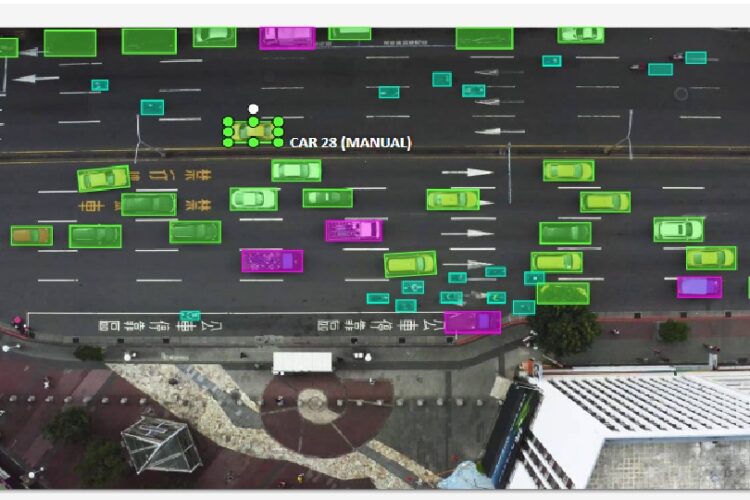How Data Labeling Companies are Powering the AI Revolution
How Data Labeling Companies are Powering the AI Revolution
In recent years, artificial intelligence (AI) has evolved at a remarkable pace, transforming industries from healthcare to transportation and beyond. However, AI’s true power stems not only from its algorithms but also from the vast amounts of data it processes. The magic of AI doesn’t simply come from the volume of data but from “smart data”—accurately labeled and structured data that trains AI systems. This is where data labeling companies come into the spotlight, playing a pivotal role in supporting AI by preparing this data for machine learning models.
The Role of Data Labeling in AI
AI systems, much like human brains, require learning experiences. These experiences come from well-labeled datasets that enable AI to recognize patterns and make predictions. For example, when training an autonomous vehicle, the AI system must be able to differentiate between a pedestrian, a stop sign, or another car. Achieving this requires millions of images and videos where every object has been correctly labeled by humans.
However, annotating such huge datasets is incredibly time-consuming and labor-intensive. That’s why AI companies often outsource data labeling to specialized providers. These companies have the expertise and infrastructure needed to manage large volumes of data, ensuring that AI models are trained quickly and accurately.
How Data Labeling Companies Support AI
Data labeling companies provide a variety of services that help develop AI systems across multiple industries. Some of the key tasks they manage include:
- Image and video annotation: Labeling images and videos is critical for technologies like self-driving cars, facial recognition, and security systems. This process involves tagging objects, actions, or people in a way that allows AI to “understand” the visual data.
- Text and audio annotation: For applications in natural language processing (NLP) and voice recognition, text and audio labeling are essential. For example, virtual assistants like Siri and Alexa rely on labeled audio to improve voice recognition. Similarly, chatbots and sentiment analysis models are trained using labeled textual data.
- 3D point cloud annotation: In the automotive industry, particularly with autonomous vehicles, 3D point cloud annotation is used to help AI interpret spatial data collected by LIDAR sensors. This type of annotation helps the AI understand depth and distance, enabling better object detection.
By outsourcing these services, AI companies can focus on developing algorithms while ensuring that they have high-quality training data. Data labeling companies often utilize a combination of manual efforts and automated tools, such as AI-assisted labeling, to achieve greater accuracy and efficiency in processing.
The Growing Impact on AI Development
In recent years, the impact of data labeling companies has grown exponentially. Their ability to provide precise and scalable labeling solutions has resulted in faster and more effective machine learning models. For instance, improvements in the speed and accuracy of data labeling have significantly advanced the development of self-driving cars, where AI needs to process immense amounts of data in real-time.
Similarly, in healthcare, AI models are being trained to assist in diagnostics and treatment recommendations. By accurately labeling medical images, such as MRIs and X-rays, data labeling companies are helping AI identify diseases like cancer with greater precision. This has massive implications for the future of medicine, as AI-driven diagnostics could become more widely available and reliable.
The work of data labeling companies not only accelerates AI advancements but also allows industries to scale their AI solutions at a much faster rate. Innovations like robot-assisted surgeries, automated warehouses, and smart cities are no longer distant dreams, and the critical role that data labeling companies play is driving these technologies closer to mainstream adoption.
The Road Ahead for Data Labeling
As AI technology continues to expand into new industries, the demand for high-quality, well-labeled data will grow. Data labeling companies are expected to continue innovating, incorporating more automation and AI-driven labeling tools to handle increasingly complex datasets. Furthermore, with the rise of synthetic data—artificially generated data used to train AI models—these companies may play an even more diverse role in creating custom datasets for specific applications.


